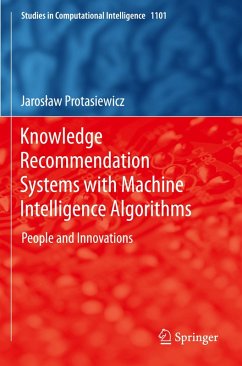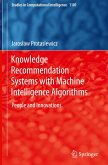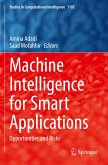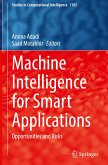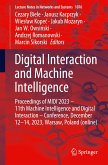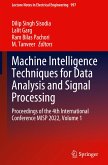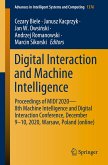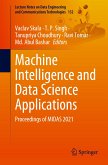Knowledge recommendation is an timely subject that is encountered frequently in research and information services. A compelling and urgent need exists for such systems: the modern economy is in dire need of highly-skilled professionals, researchers, and innovators, who create opportunities to gain competitive advantage and assist in the management of financial resources and available goods, as well as conducting fundamental and applied research more effectively.
This book takes readers on a journey into the world of knowledge recommendation, and of systems of knowledge recommendation that use machine intelligence algorithms. It illustrates knowledge recommendation using two examples. The first is the recommendation of reviewers and experts who can evaluate manuscripts of academic articles, or of research and development project proposals. The second is innovation support, which involves bringing science and business together by recommending information that pertains to innovations, projects, prospective partners, experts, and conferences meaningfully.
The book also describes the selection of the algorithms that transform data into information and then into knowledge, which is then used in the information systems. More specifically, recommendation and information extraction algorithms are used to acquire data, classify publications, identify (disambiguate) their authors, extract keywords, evaluate whether enterprises are innovative, and recommend knowledge.
This book comprises original work and is unique in many ways. The systems and algorithms it presents are informed by contemporary solutions described in the literature - including many compelling, novel, and original aspects. The new and promising directions the book presents, as well as the techniques of machine learning applied to knowledge recommendation, are all original.
This book takes readers on a journey into the world of knowledge recommendation, and of systems of knowledge recommendation that use machine intelligence algorithms. It illustrates knowledge recommendation using two examples. The first is the recommendation of reviewers and experts who can evaluate manuscripts of academic articles, or of research and development project proposals. The second is innovation support, which involves bringing science and business together by recommending information that pertains to innovations, projects, prospective partners, experts, and conferences meaningfully.
The book also describes the selection of the algorithms that transform data into information and then into knowledge, which is then used in the information systems. More specifically, recommendation and information extraction algorithms are used to acquire data, classify publications, identify (disambiguate) their authors, extract keywords, evaluate whether enterprises are innovative, and recommend knowledge.
This book comprises original work and is unique in many ways. The systems and algorithms it presents are informed by contemporary solutions described in the literature - including many compelling, novel, and original aspects. The new and promising directions the book presents, as well as the techniques of machine learning applied to knowledge recommendation, are all original.

